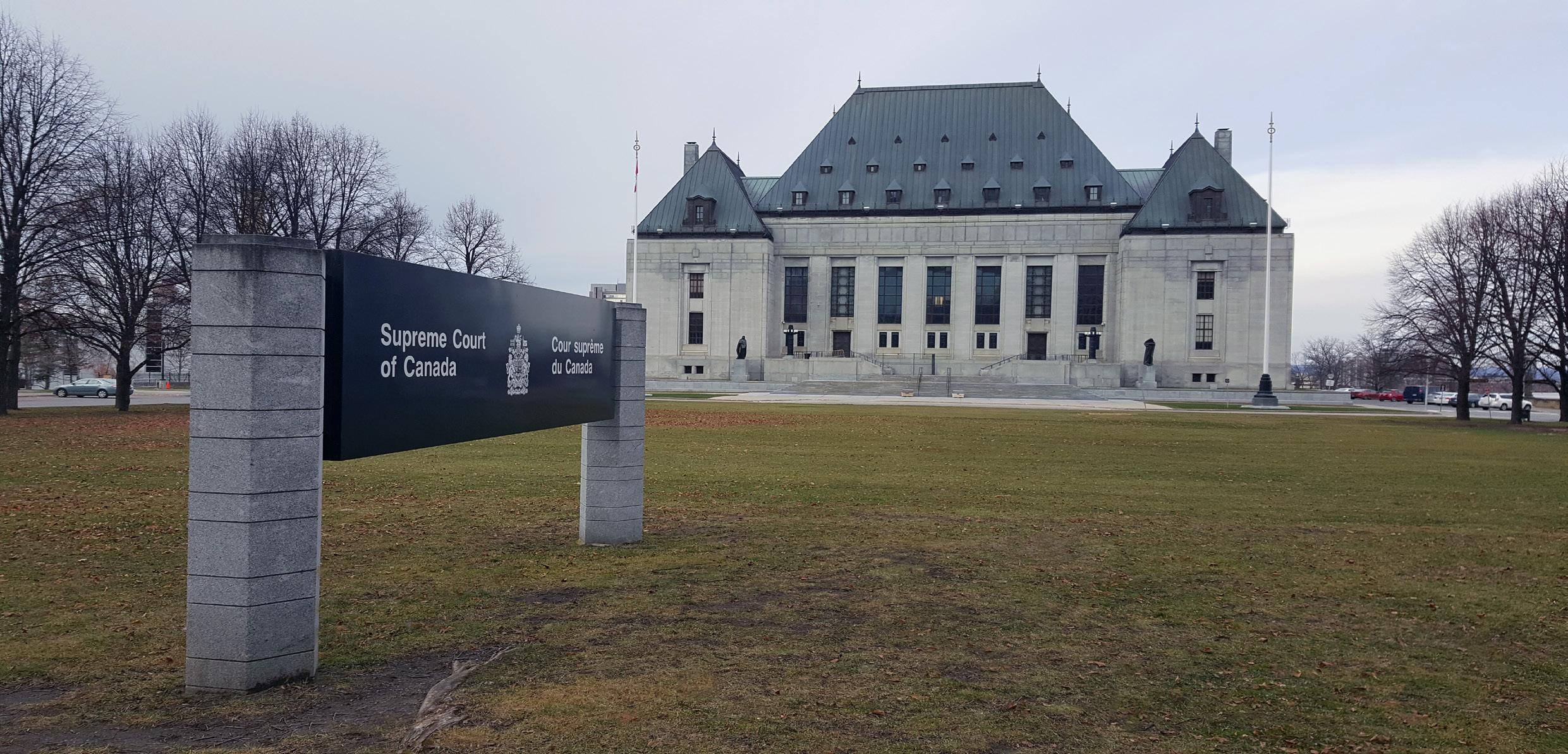Issue 1 Winter 2021 Edition IN THE PUBLIC INTEREST: Push for greater regulation of massage, counselling therapy professions
CONSUMER PROTECTION IN THE TERRITORIES: The challenge of self-regulation North of 60
FRAUD PREVENTION MONTH 2021 Canadian regulators collaborate to raise awareness
NEW CANADIAN LEADERSHIP Profiling RECO’s Director of Litigation
CONSUMER FOCUS A Nova Scotia family’s devastating sinkhole story
TOW TRUCK TROUBLES: Ontario considers its options
MILLENNIAL MAKING MOVES: Catherine Ouimet’s Rise to CEO of the Barreau du Québec
Celebrating











